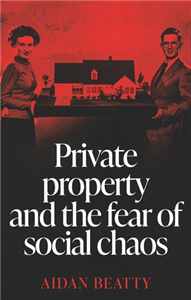Religion, war and Israel’s secular millennials
Being reasonable?
by Stacey Gutkowski
As a young 'secular' Jewish Israeli millennial, what has it felt like coming of age since the failure of the Oslo peace process, during a phase of national conflict when some Palestinian and Israeli government leaders, not just fringe figures, used religio-ethnic symbols to motivate and divide? Based on fieldwork, interviews and surveys conducted during the two years following the 2014 Gaza War, this book drills down deeply into this aspect of generational experience and memory. In doing so, it unpacks what it means to be a young secular Jew in Israel today. It also sheds new light on why the Jewish-Israeli population is moving further to the right on Occupation - and what this may mean for the future of the Peace Movement.




















